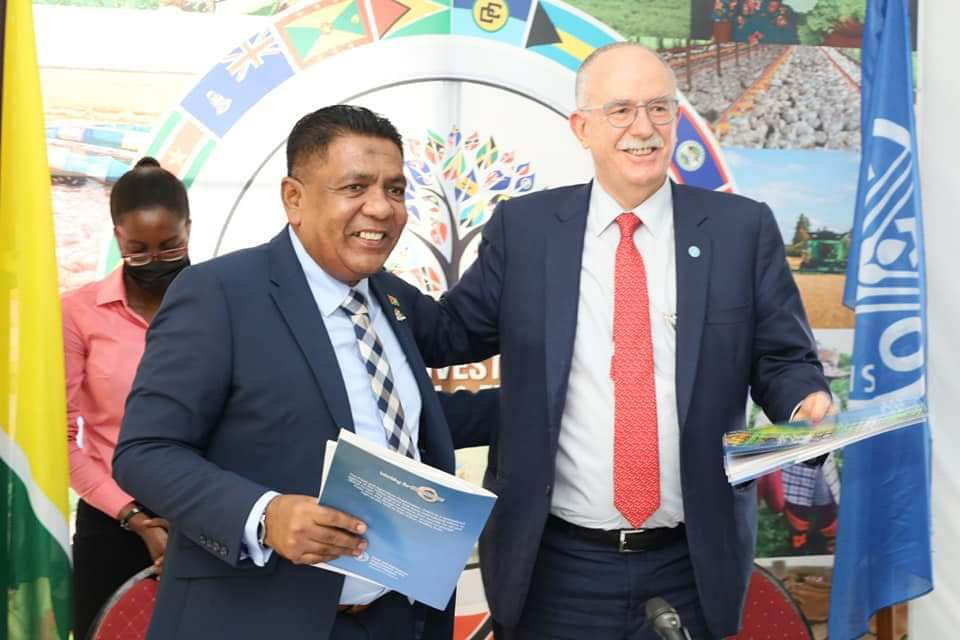Environmentalist Simone Mangal-Joly has written to the Food and Agricultural Organisation (FAO) calling on it to release a study which purports to say that Guyana’s oil and gas industry is not causing the low fish catch being experienced by fishermen here.
In a letter yesterday to Julio Berdeague, Assistant Director General of the FAO, Mangal-Joly cites a May 22, 2022 Demerara Waves article: “Oil industry not responsible for low fish catch – FAO study” where it was reported that Minister of Agriculture Zulfikar Mustapha had stated that offshore oil and gas activities have not played a role in the decline of the fish catch. The letter said that the report attributed this conclusion to a United Nations’ FAO study, and further stated that the public can confirm this with the FAO.
Mangal-Joly wrote in her letter that the FAO must be aware that the impact of offshore oil and gas activities is the subject of much debate and that the major operator offshore, ExxonMobil, has now been given four environmental permits for production and numerous other environmental permits for seismic studies without either the Government of Guyana or Exxon Mobil providing any study data on the location of valuable environmental receptors, such as reefs and fish nurseries, in relation to ExxonMobil’s installations, effluent outflows, ocean currents, and commercial and subsistence fishing grounds.
“There is no evidence whatsoever that a comprehensive commodity chain assessment or quantification of the value of Guyana’s subsistence and commercial fisheries sector has ever been conducted. There is no evidence that a Catch Per Unit Effort study has ever been conducted to support conclusions drawn from offtake data on the state of fish stocks. There is also no evidence whatsoever that the Environmental Protection Agency is monitoring and enforcing any requirements for discharge standards and other environmental provisions in the permits that Exxon Mobil enjoy”, Mangal-Joly said. Further, she contended that there is no evidence of offshore longitudinal research studies in place to track changes in Guyana’s fish and marine resources.
Just recently on March 31, 2022, she contended that the Environmental Protection Agency violated the Environmental Protection Act by granting the Yellowtail Project Environmental Permit, in which the Agency asked ExxonMobil to study the likelihood of its own impact on fisheries.
“This is an assessment that ought to have been conducted as part of the Environmental Impact Assessment process and the findings used as a criterion for the Agency’s decision on whether a permit should have been granted. The mere fact that this Government Agency asked a private company to undertake the assessment task, and has failed for five years to provide any monitoring and evaluation reports on offshore practices, signals that it had no credible research information regarding the impacts of offshore oil and gas activities on Guyana’s fisheries sector, nor was it expecting such information from a third party at the time that it granted the permit”, Mangal-Joly wrote.
She requested that the FAO immediately and publicly address the matter of whether it has credible conclusions on offshore oil and gas impacts on fisheries and release the study to which Mustapha refers with all supporting datasets.
“By providing this information, the public will be assured of the FAO’s comprehensiveness and neutrality, and the FAO will be able to maintain its image of respectability that the Guyanese People and indeed the People of the Caribbean deserve of a public agency”, Mangal-Joly said.





